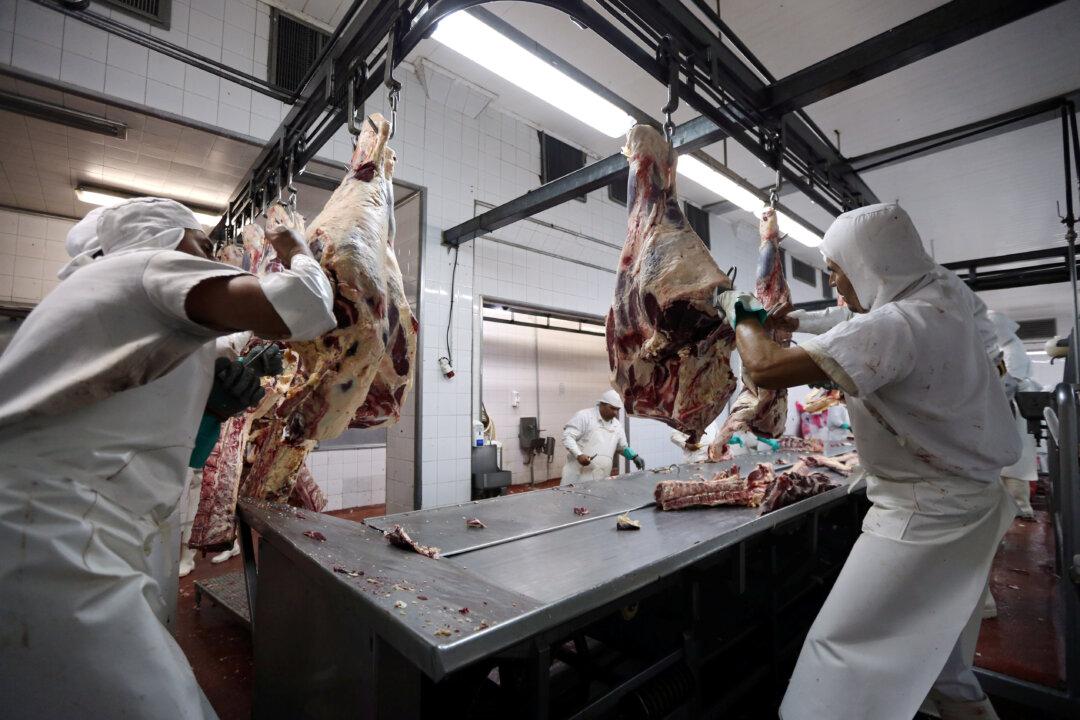Food and energy importers are being hit with export bans and restrictions in a number of countries at the start of 2022: Argentina’s two-year ban on beef, Indonesia’s ban on coal, Mali’s ban on grain and related products, and Russia and Ukraine’s continued wheat export caps.
In an effort to curb rising prices in the country, the Argentine government issued decree No. 911 on Jan. 3, extending its export ban on seven beef cuts until Dec. 31, 2023.





